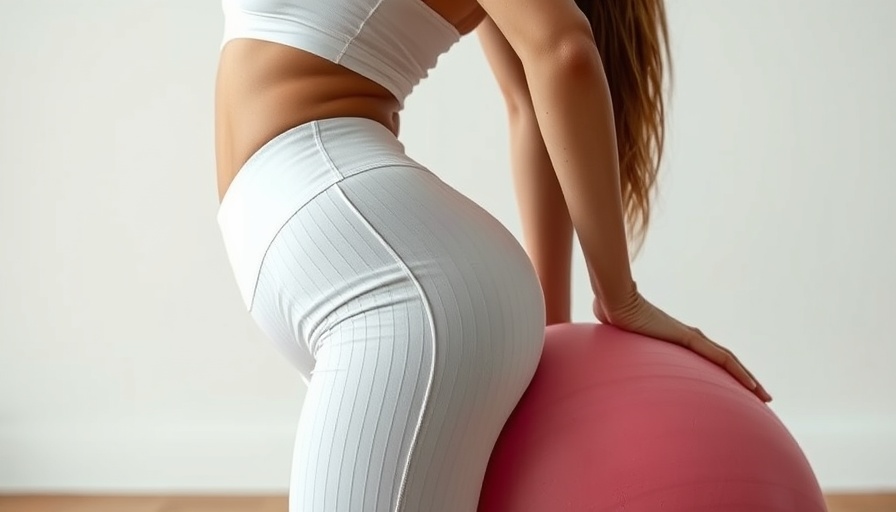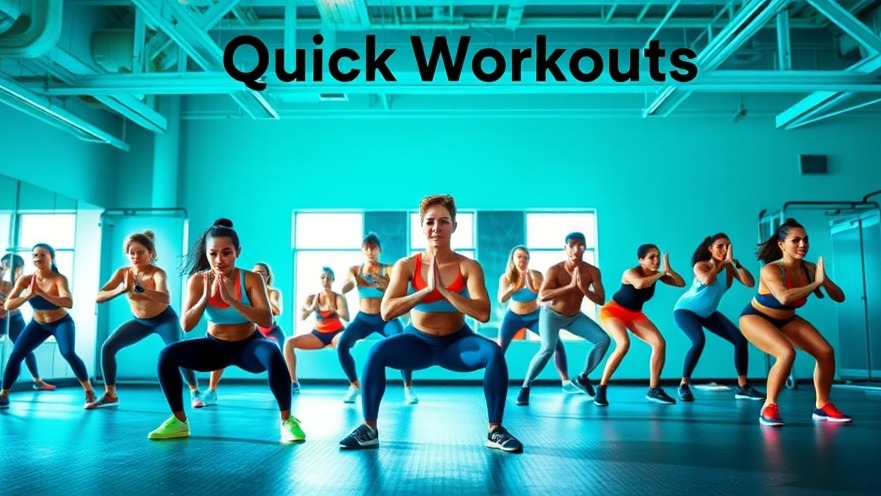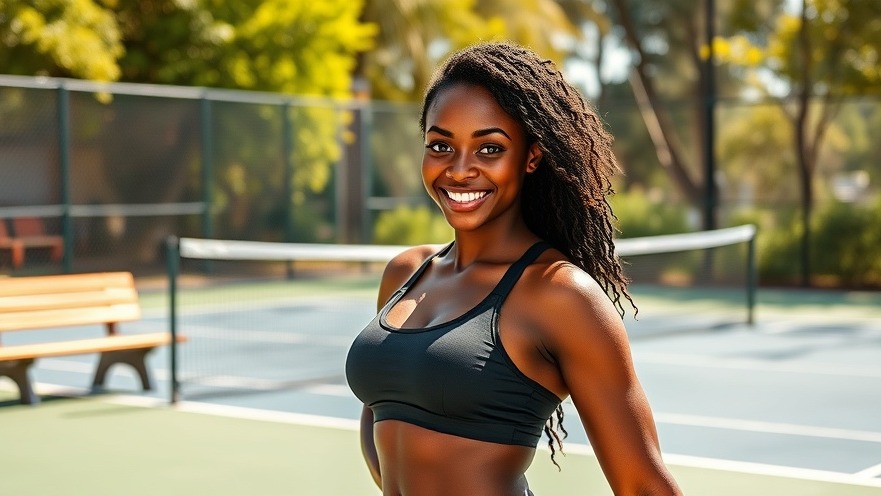
The Emerging Trend of the Pilates Princess
In today's society, the "Pilates princess" has emerged as a symbol of an evolved femininity, marking a departure from the voluptuous ideals of the past. This archetype is characterized by a disciplined approach to fitness, favoring sleek, minimalistic aesthetics, as made popular on social media. With her pastel athleisure and bagel-thin physique, she embodies a lifestyle that is diligently curated to reflect health and elegance.
The Allure of the Pilates Body
What distinguishes this trend is not just the physical appearance but also the underlying philosophy that prioritizes a slim, toned physique above all else. The proliferation of hashtags such as #pilatesbody on platforms like TikTok shows the trend’s growing popularity. Many influencers proudly share their weight loss journeys, claiming to achieve their striking shapes through just a few weeks of reformer Pilates. This focus on aesthetics, however, may promote an unhealthy viewpoint regarding body image, subtly reinforcing the idea that thinness equates to beauty.
What Influencers Are Really Selling
The wellness industry thrives on trends, and the Pilates princess is no different. Influencers market their routines and diets through slick, visually appealing content that often glosses over the hard work and dedication involved in achieving these results. The pressure to maintain a flawless exterior often results in a toxic cycle of comparison among followers, pushing them toward extreme measures for an ideal that may not be attainable for everyone.
Historical Context: From Kardashian Curves to Pilates Minimalism
In the previous decade, the "Kardashian body" dominated popular culture, offering an hourglass figure as the gold standard. However, this criteria has shifted toward a leaner, more athletic physique, nudged along by social media's power to shape our ideals of beauty. As audiences move away from voluptuous curves, a new streamlined version of success and femininity has taken its place. Gone are the days of heavy lifting; now, thinner figures, perceived as healthier, reign supreme.
Understanding the Impact on Mental Health
The rise of the Pilates princess may have deeper ramifications on mental health, especially considering the increasing scrutiny placed on women’s bodies. The pressure to achieve a perfect physique can lead to unhealthy eating habits and body dysmorphia. Instead of promoting functional fitness that encourages self-acceptance and strength, the relentless push for the ideal Pilates body often deepens insecurities.
Embracing Authenticity and Diverse Body Types
As social media influencers shape the narrative around fitness and body image, the importance of representation cannot be overstated. It is vital to celebrate diverse body types, recognizing that fitness exists in many shapes and sizes. Encouraging authentic expressions of health rather than narrow ideals can foster a more inclusive environment.
Taking Action: Shifting the Paradigm of Womanhood
Rather than succumbing to the pressures of the latest fitness trends, women should focus on their own health journeys. Engaging in physical activities that bring joy and fulfillment, rather than just aiming to achieve a particular shape or look, leads to a more balanced and healthier lifestyle. By embracing individuality over societal pressures, women can challenge the dominance of harmful beauty standards.
Ultimately, it is imperative that we support one another in our diverse bodies and health journeys. Taking small steps toward self-acceptance can pave the way for a more realistic portrayal of health and well-being in the media.
So, let’s redefine our fitness goals around health, happiness, and authenticity!
 Add Row
Add Row  Add
Add 




Write A Comment